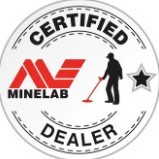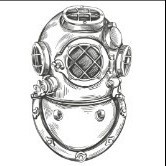Three Ways To Freak Out
-
Similar Content
-
- 13 replies
- 1,070 views
-
- 6 replies
- 1,974 views
-
- 12 replies
- 1,081 views
-
- 13 replies
- 1,558 views
-
- 19 replies
- 2,565 views
-
- 8 replies
- 1,155 views
-
-









Recommended Posts
Create an account or sign in to comment
You need to be a member in order to leave a comment
Create an account
Sign up for a new account in our community. It's easy!
Register a new accountSign in
Already have an account? Sign in here.
Sign In Now